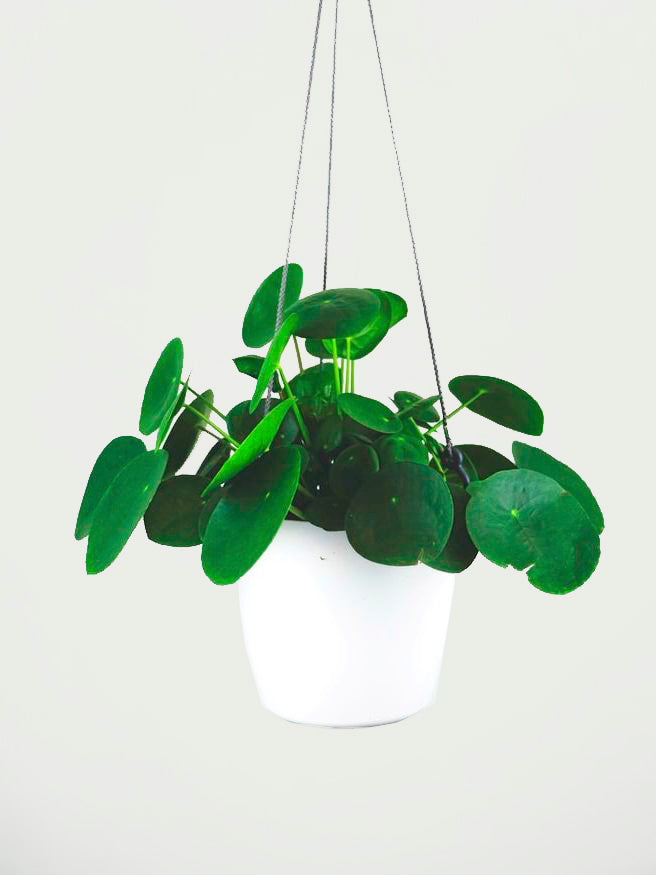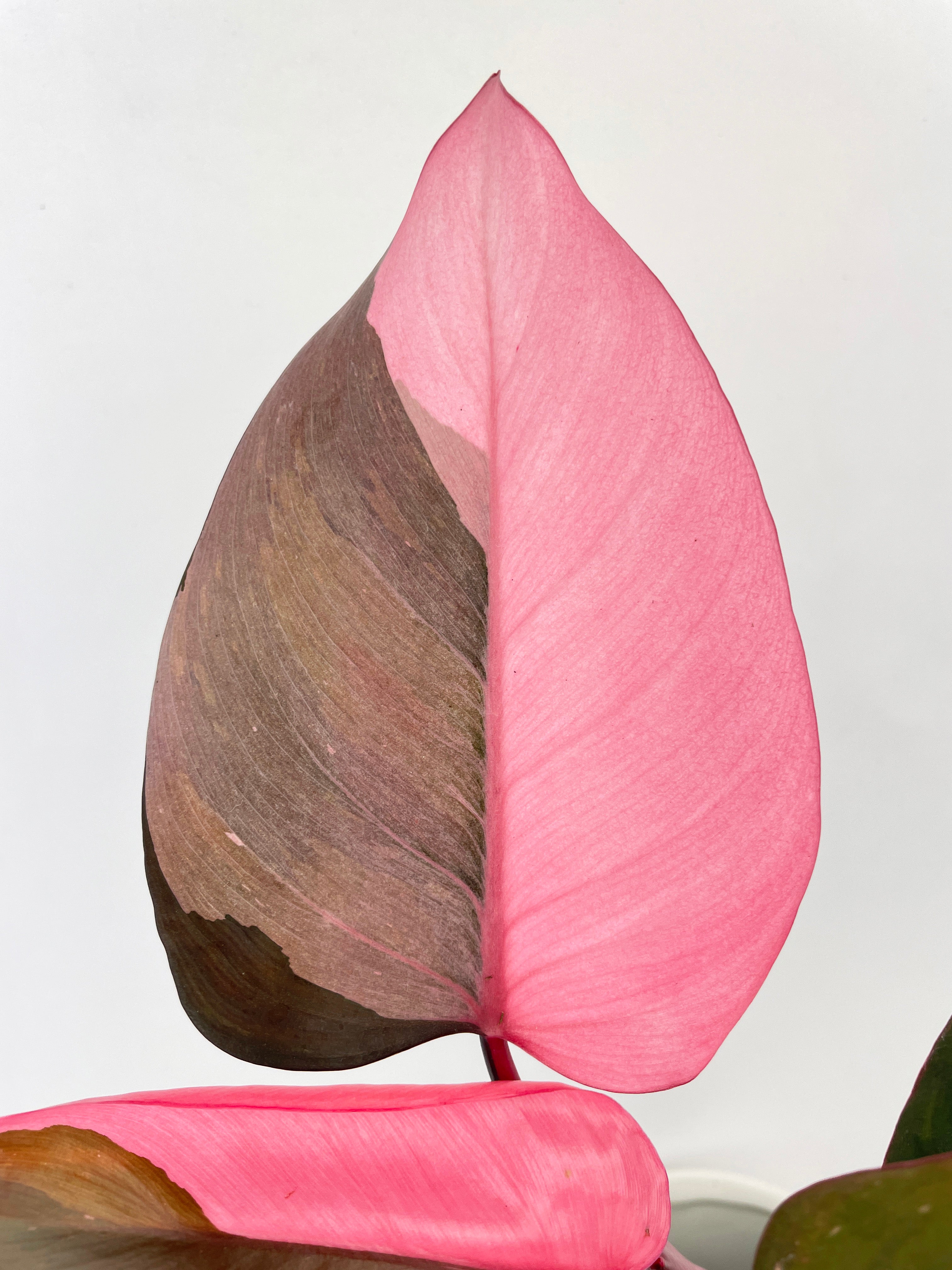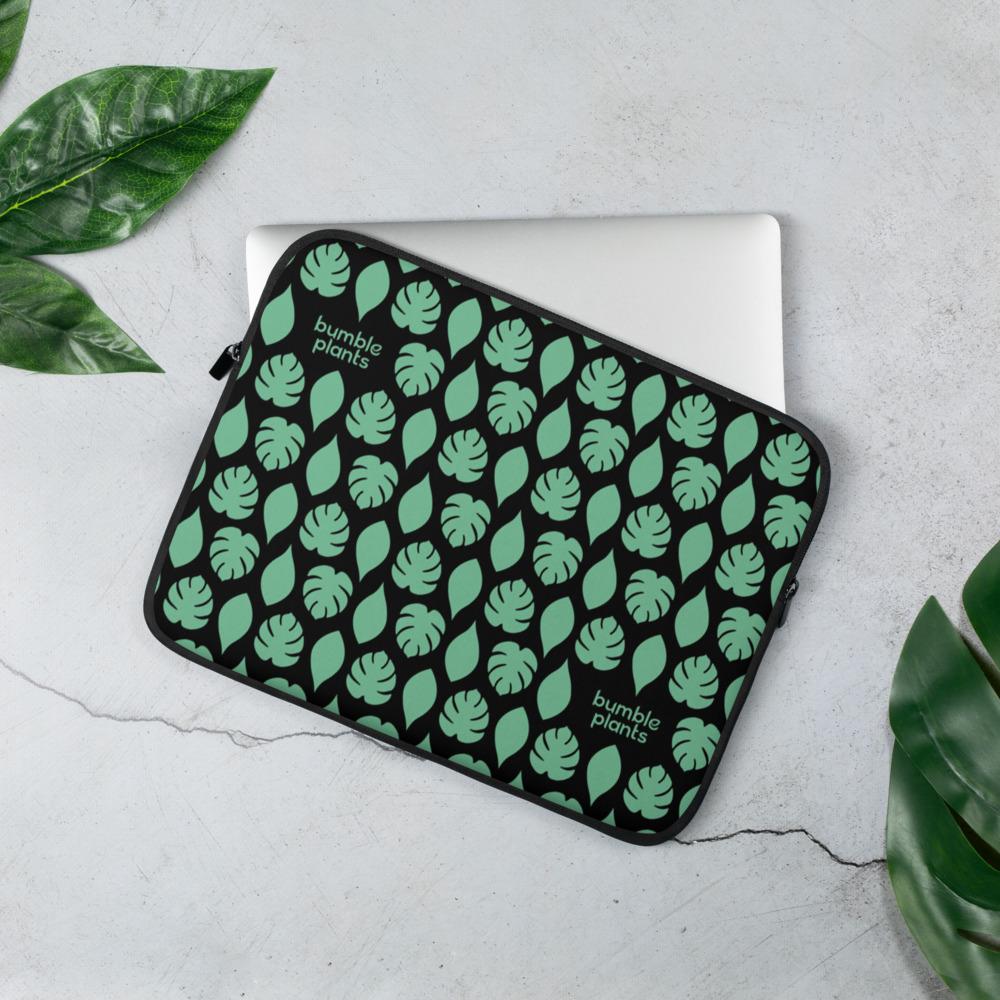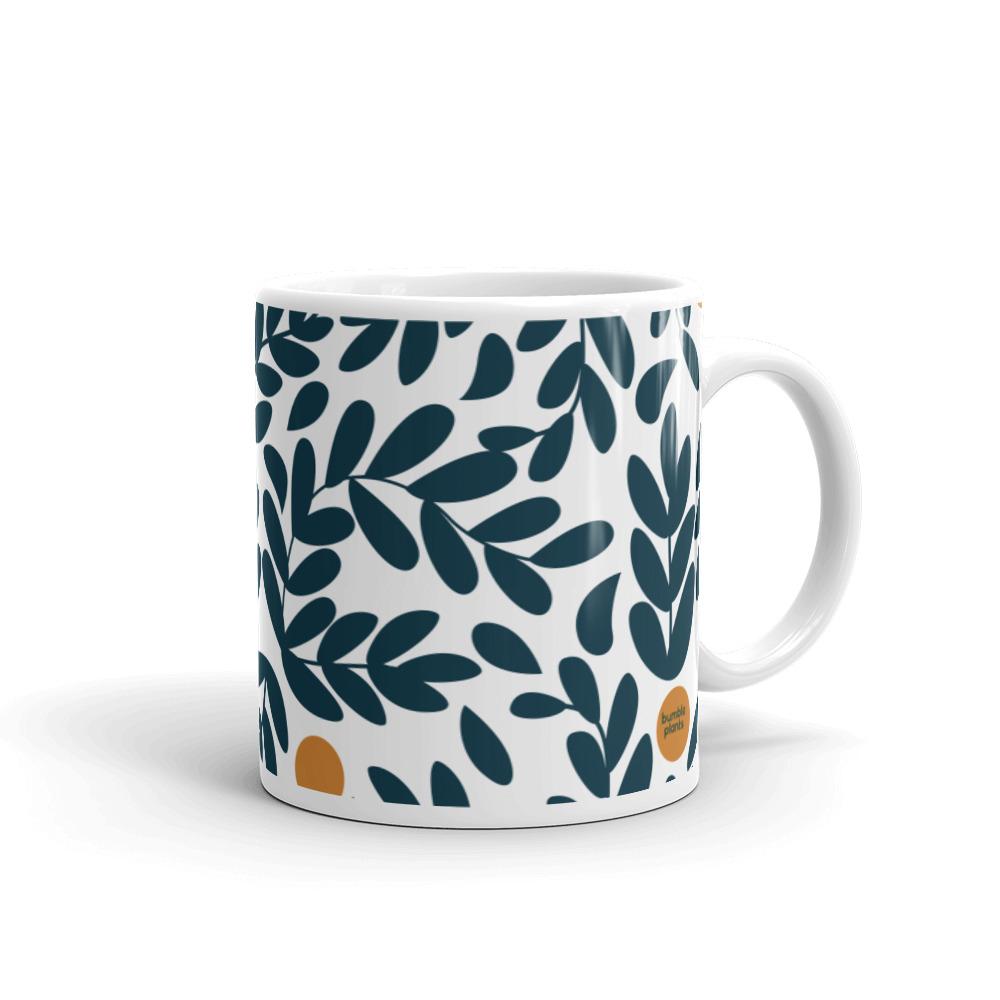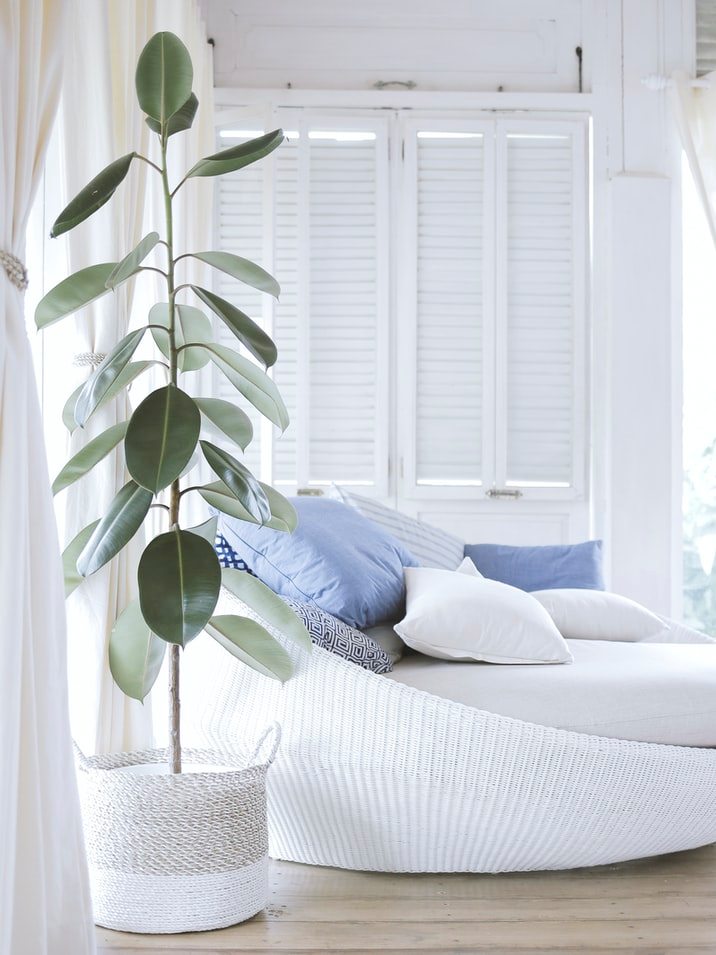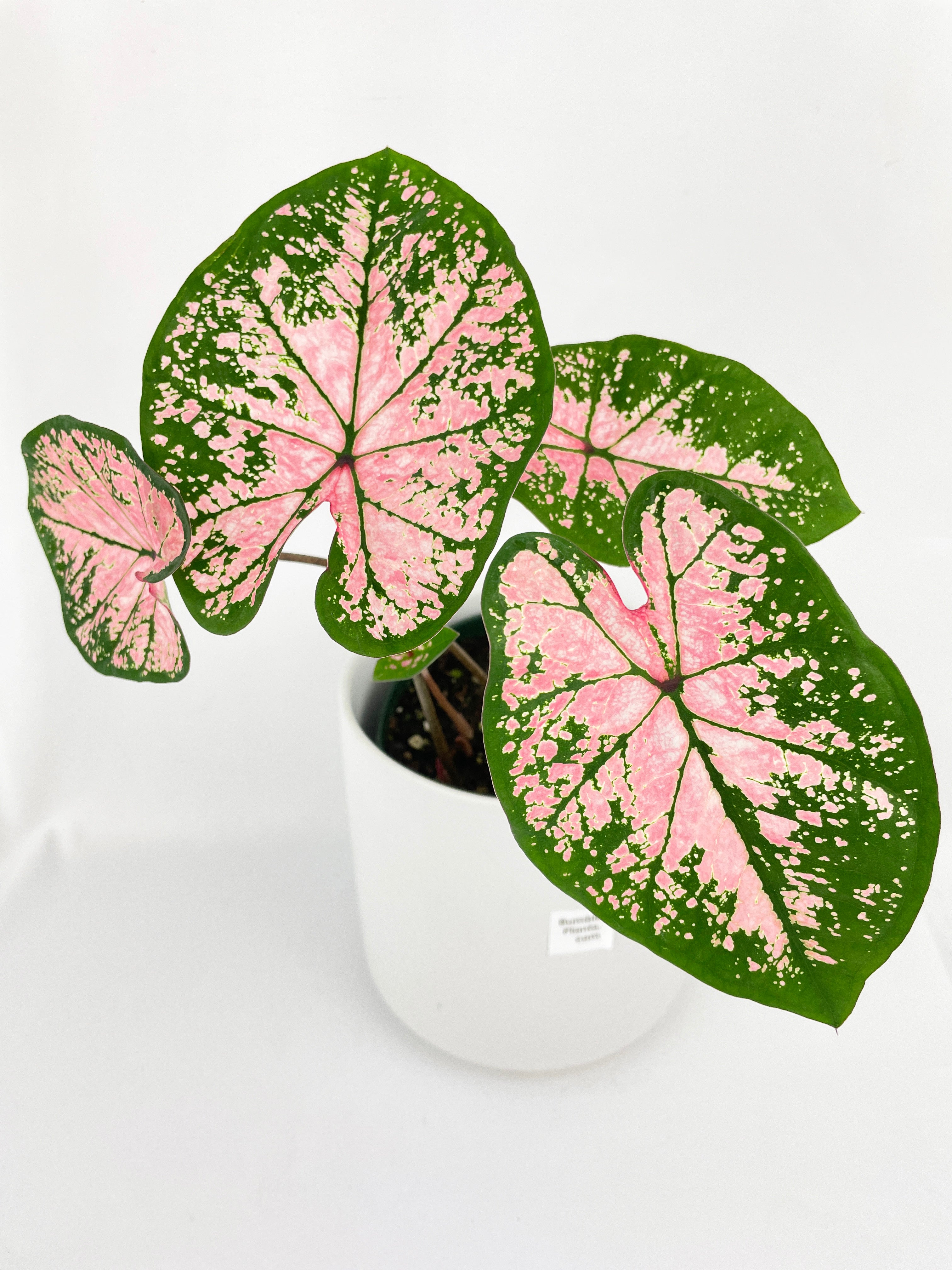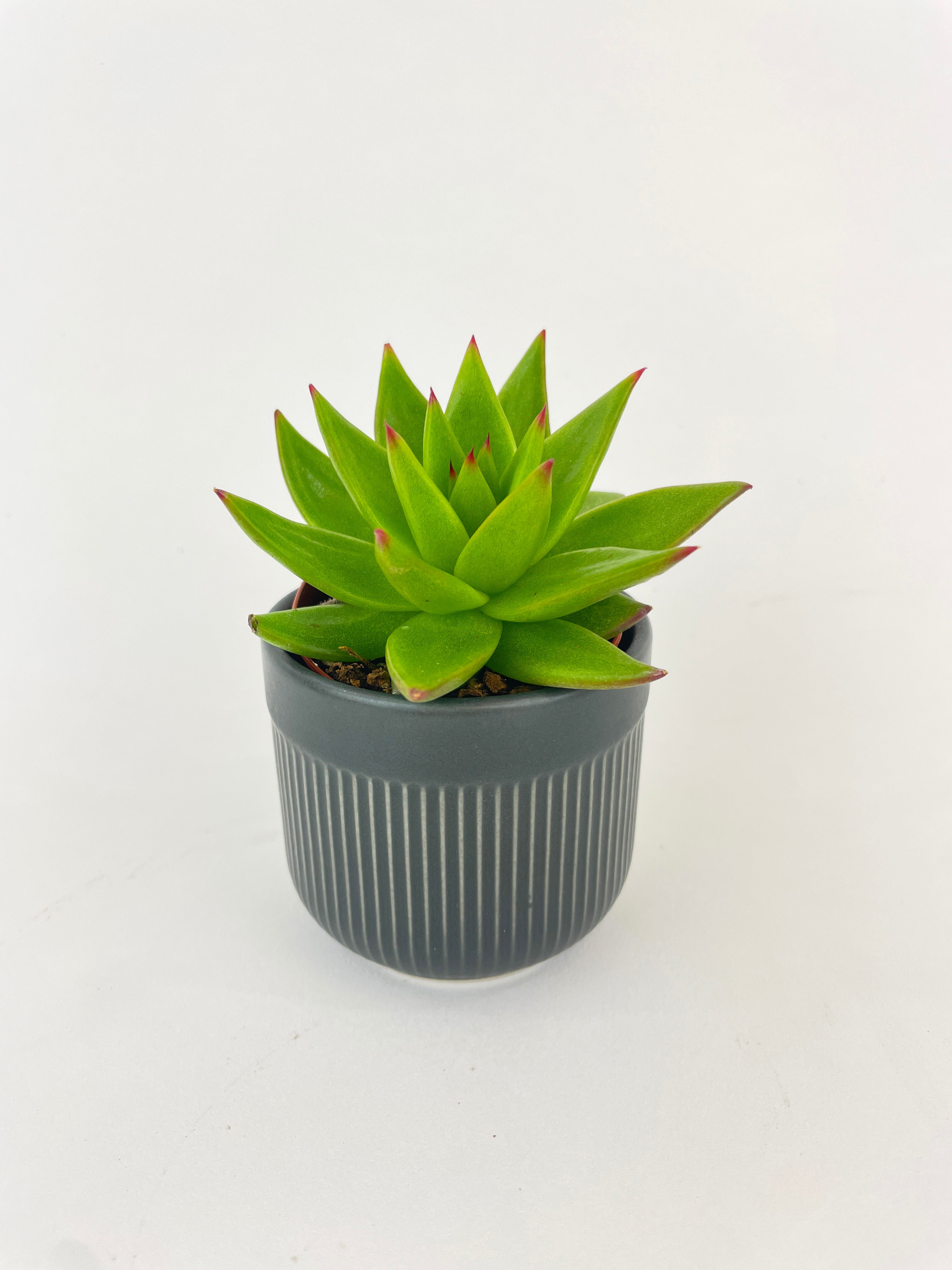* You will receive ONE (1) 4" plant in nursery pot, unless stated otherwise. Refer to our FAQ for more information.
Philodendron Erubescens Painted Lady is a beautiful and unique houseplant that is sure to impress with its stunning variegated leaves. Its foliage features vibrant pink, yellow, and green colors that give it a striking appearance and make it a standout addition to any indoor space.
How to Care for Philodendron Erubescens Painted Lady
Watering
Philodendron Erubescens Painted Lady prefers to be kept slightly moist, but be careful not to overwater as this can lead to root rot. Allow the top inch of soil to dry out before watering again.
Sunlight
This plant prefers bright, indirect light, but can also tolerate some shade. Avoid placing it in direct sunlight as this can scorch the leaves.
Temperature
Philodendron Erubescens Painted Lady thrives in temperatures between 65-85°F (18-29°C)
Humidity
This plant loves high humidity levels and will benefit from regular misting or a humidifier nearby. It's a great choice for a bathroom or other humid room in your home.
Toxicity
Philodendron Erubescens Painted Lady is toxic to pets and humans if ingested, so be sure to keep it out of reach of children and pets.
Fertilizer
Feed this plant with a balanced fertilizer during the growing season (spring and summer) to promote healthy growth.
Growth Rate
Philodendron Erubescens Painted Lady has a moderate growth rate and can reach up to 3 feet in height if given proper care.
Pruning
Regular pruning can help to keep this plant looking neat and tidy. Cut back any yellow or dead leaves, and pinch back new growth to encourage a fuller plant.
Propagation
This plant can be propagated by stem cuttings. Simply take a cutting with a node and place it in water or soil until it roots.
Soil Mix
Philodendron Erubescens Painted Lady prefers a well-draining soil mix that is rich in organic matter. A mix of peat moss, perlite, and potting soil is a great choice.
Repotting
Repot this plant every 1-2 years or when it becomes root-bound. Choose a pot that is one size larger than its current pot and use fresh potting soil.
Common Pests
This plant is susceptible to mealybugs, spider mites, and scale insects. Check regularly for signs of infestation and treat promptly if necessary.
Common Problems
Overwatering can lead to root rot, while underwatering can cause the leaves to wilt and turn brown. Ensure the plant is getting the right amount of water and adjust as necessary. Yellow leaves can be a sign of too much sunlight, while brown or crispy leaves can indicate too little humidity. Adjust the plant's environment accordingly.

